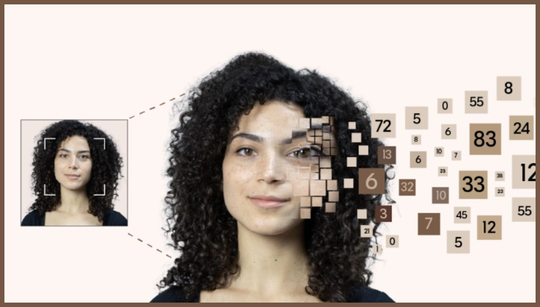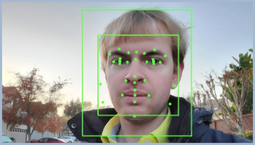The ESRB's Facial Recognition System for Verifying Parental Consent
The ESRB, North America’s videogame rating agency, has proposed a potentially invasive system to use Facial Recognition technology to verify parental consent in games. The Electronic Software Rating Board (ESRB) partnered with Yoti and SuperAwesome to develop Privacy-Protective Facial Age Estimation, which requires parents to take a selfie to verify their age and grant permissions for children to play games. The process takes less than a second on average, and images are deleted after verification.
The ESRB submitted its proposal to the FTC on June 2, and the agency is now seeking public feedback on the idea until August 21. The plan aims to create a verifiable parental consent mechanism in the gaming industry, which would prevent children from using images of unaware adults to bypass the system. However, concerns have been raised about the fairness and accuracy of the system.
The ESRB dismisses concerns about fairness, stating, “The differences in rejection rates based on gender and skin tone are minimal, and we see no reason why the system could not be implemented in a manner that is consistent with the treatment of other age-related requirements under the [E]SRB Program.” The agency argues that the benefits of the system outweigh the minimal biases.
The organization explains that the system is proposed as an additional, optional verification method, not a replacement for current systems. It would work by preventing children from using images of unaware adults to bypass the system.
The ESRB’s facial recognition system aims to enhance access to certain groups of parents. The organization says, “This enhanced protection is intended to benefit parents who do not possess photo identification that would typically be used to verify parental consent (for example, a driver’s license) and those who wish to use an additional means of verification.”
However, there are concerns about the accuracy and potential racial bias of facial recognition technology. The Electronic Frontier Foundation (EFF) has previously raised concerns about the potential for racial bias in facial recognition systems.
The ESRB’s plan may be useful for people without photo ID, but it raises privacy invasion concerns. The FTC’s request for public comment on the proposal has brought the plan to light, and it remains to be seen whether or not the ESRB’s plan will be adopted.
It is also unclear how effective it will be to rely on facial recognition technology to enforce age restrictions, particularly given that tech-savvy teenagers won’t find a way to beat the system. Nevertheless, the ESRB’s proposal could be an option for parents who don’t have photo ID, but it does raise privacy invasion concerns.
You can provide public feedback on the ESRB’s proposal via the FTC’s federalregister.gov.

















